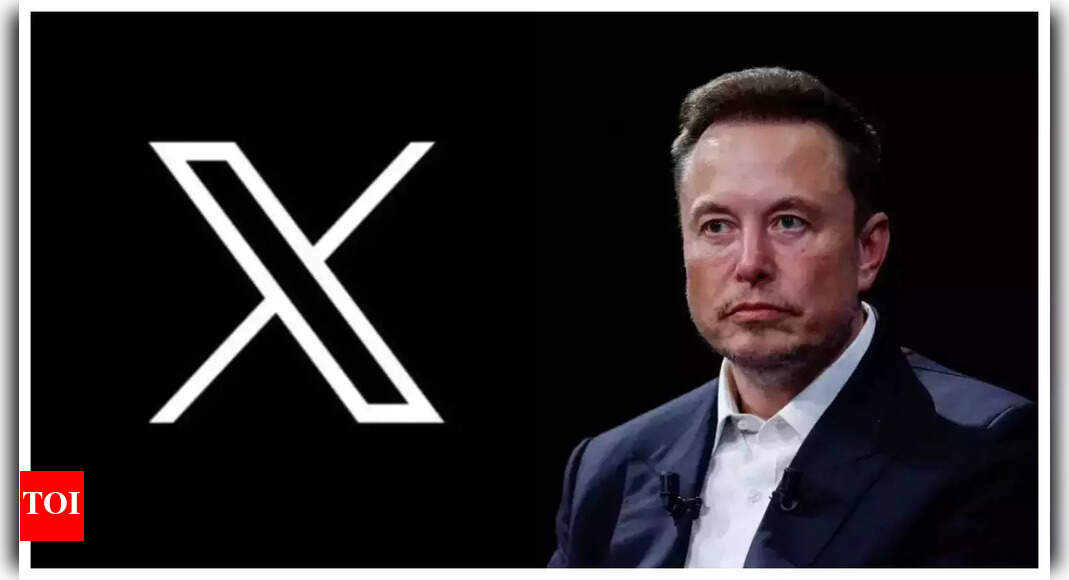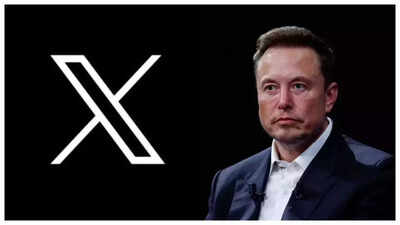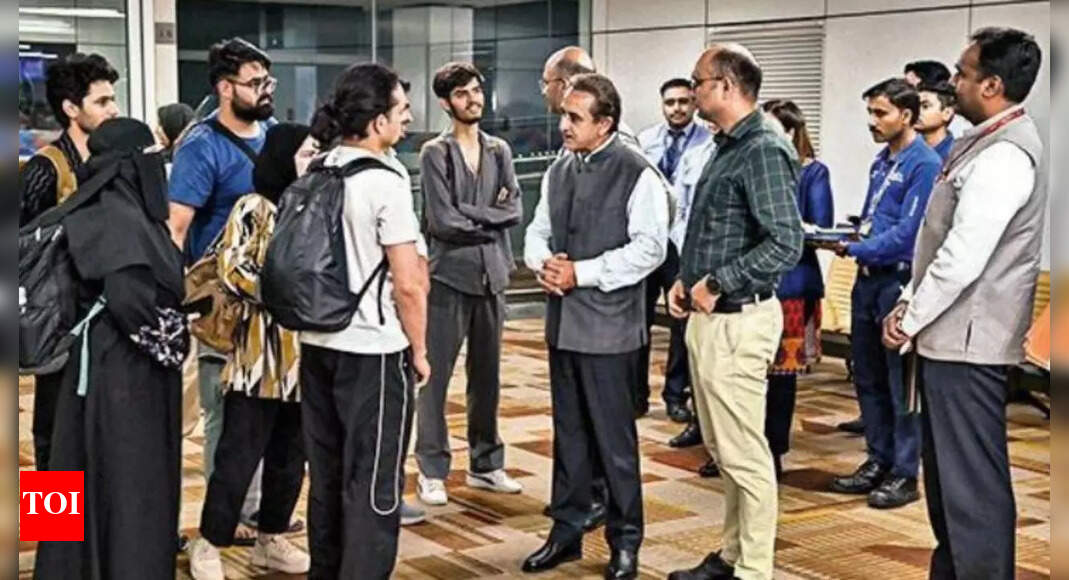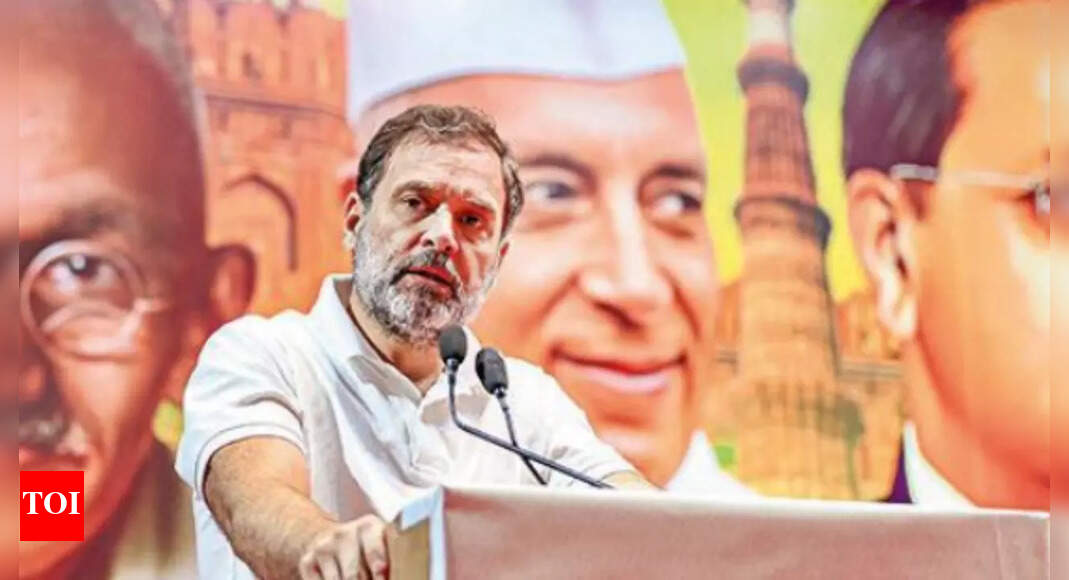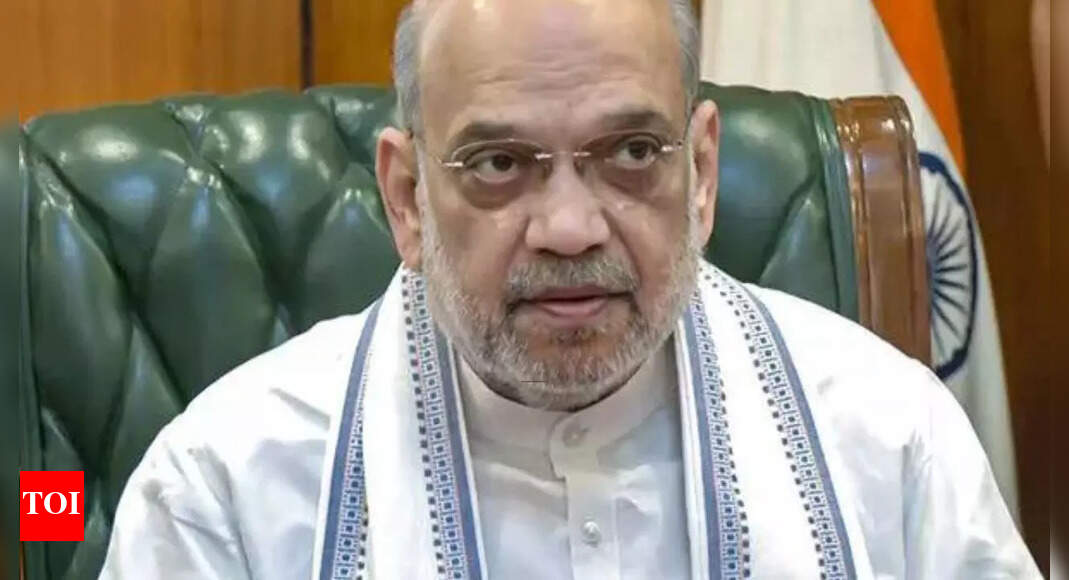NEW DELHI: The Centre told Karnataka high court Thursday that allowing the proliferation of unlawful content on social media in the name of free speech endangered democracy, and accused Elon Musk-owned X of attempting to escape accountability by taking shelter under the IT Act’s ‘safe harbour’ protection.Questioning the US-based company’s locus standi to move an Indian HC for protection of fundamental rights, solicitor general Tushar Mehta said the constitutional protection to freedom of speech under Article 19(1)(a) must not be misunderstood as absolute protection for unlawful content. “Constitutional jurisprudence clearly differentiates between protected speech that contributes meaningfully to democratic discourse and unlawful speech that undermines societal stability and individual rights,” it said.‘Safe harbour’ not an absolute right, but a privilege contingent upon strict adherence to statutory duties: GovtIt said the ‘safe harbour’ provision, which protects social media platforms from liability for content posed by their users, was a privilege available only to those internet intermediaries which were responsible.X had moved HC seeking to restrain govt departments from taking coercive action against it and its officials for the content on the microblogging site and said, “Unlawful and unjustified orders harm the X platform and its ability to operate. The issuance of information blocking orders without following due process of law, and in violation of IT Act and the Constitution, violates X’s right to equality under Article 14 and detrimentally impacts its business.”In written submissions before HC, solicitor general Tushar Mehta said, “Proliferation of what can be termed as unlawful content on social media platforms poses an unprecedented threat to public discourse, democracy and societal stability.”“Social media intermediaries possess an unparalleled ability to amplify information instantaneously, without traditional barriers like language or geographical limitations, and thus carry significant responsibilities,” the law officer said.Advent of the internet, social media and digital intermediaries had fundamentally altered the character and scale of human communication, demanding a re-examination and suitable tailoring of constitutional standards, Mehta said, adding India’s internet subscriber base had grown from 25 crore in 2013-14 to 97 crore in Sept 2024.The govt’s stand that ‘safe harbour’ does not mean blanket immunity can have implications for all social media platforms. This also rhymes with the growing call for repeal of Section 230 of US’s Communications Decency Act from which social media giants derive the immunity.The Centre said ‘safe harbour’ protection for internet intermediaries was not an unconditional entitlement but a privilege contingent upon strict adherence to statutory duties. While committing to full protection of the right to free speech, the govt said, “The question raised by X cannot be examined merely from the prism of the person using this medium.“The concept of ‘safe harbour’ inherently includes rigorous responsibilities, requiring intermediaries to promptly and effectively remove or disable unlawful content upon receiving notice. These safeguards are deliberately designed to balance innovation with accountability, ensuring intermediaries do not become platforms for unlawful activities.”The govt said X’s attempt was to present ‘safe harbour’ as an absolute right, devoid of any corresponding duties. “Such a stand fundamentally misconstrues the very basis of this legal protection. ‘Safe harbour’ is not a constitutional guarantee but a statutory privilege, specifically designed to foster responsible conduct,” it said.It told HC that X had confused itself with the play of Sections 69A and 79 of the IT Act. It said Section 69A pertains explicitly to govt orders for blocking content with serious penal consequences for non-compliance whereas Section 79 deals with due diligence obligations to maintain ‘safe harbour’ protection.The Centre said X purposefully blurred the clear distinction to escape accountability for its statutory duties. It said social media platforms use ‘amplification’ mechanisms to push visibility of a particular type of view.“The algorithms used by intermediaries actively curate and boost content, shaping public opinion and significantly influencing social harmony or disorder. This active role demands heightened accountability, necessitating robust regulation specifically tailored for social media, distinct from traditional media,” the Centre further said.
